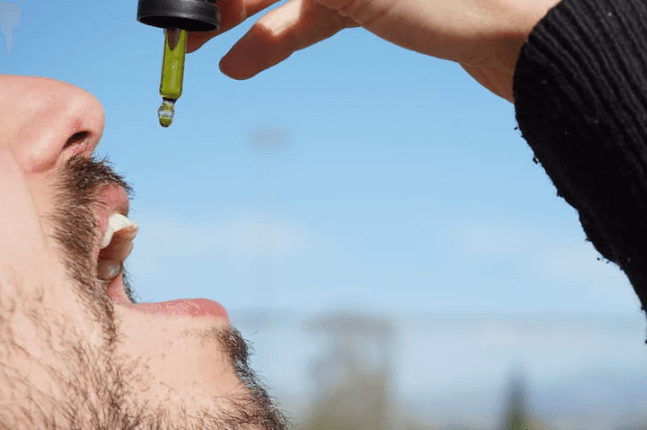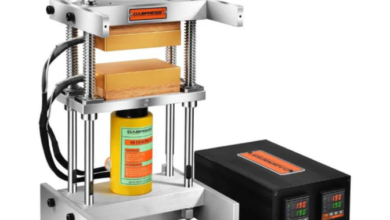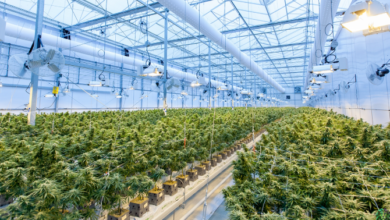How Long Do Cbd Stay in Your System

Understanding the duration that CBD remains in your system is essential for both users and health professionals. This timeframe is influenced by a myriad of factors, including the method of consumption, individual metabolism, and dosage. While some may find that CBD clears their system within days, others may experience a presence that lingers for weeks. As we explore these variables, it becomes evident that individual differences play a significant role in determining how long CBD might be detectable. What implications does this have for users, particularly in contexts such as employment drug testing?
Overview of CBD Metabolism
Cannabidiol (CBD) is metabolized in the body through a complex process involving various enzymes, primarily in the liver, which influences its duration and effects within the system.
CBD absorption occurs when the compound interacts with these liver enzymes, affecting its bioavailability.
Understanding this metabolic pathway is crucial for individuals seeking to optimize their use of CBD while maintaining a sense of autonomy over their wellness choices.
See also: How Much Cbd Oil for Dogs With Cancer
Factors Affecting CBD Duration
Several factors influence the duration that CBD remains detectable in the system, including dosage, method of consumption, individual metabolism, and frequency of use.
Dosage effects play a significant role, as higher amounts may prolong detection.
Additionally, product quality impacts absorption and elimination rates, affecting how long CBD stays in the body.
Understanding these variables can empower individuals in making informed choices regarding CBD use.
Different Consumption Methods
The method of consumption significantly influences how long CBD remains in the system, as different delivery mechanisms affect absorption rates and overall bioavailability.
Tincture absorption occurs quickly due to sublingual application, leading to faster effects.
In contrast, edible effects manifest more slowly, as the CBD must first pass through the digestive system, potentially prolonging its presence in the body.
Testing for CBD Presence
Testing for the presence of CBD in the body typically involves methods such as urine, blood, or saliva analysis, each with varying sensitivity and detection windows.
CBD testing aims to identify the compound and its metabolites.
Urine tests generally have longer detection windows compared to blood and saliva tests, making them a common choice for assessing CBD use in various contexts.
Personal Variability in Metabolism
Individual differences in metabolism can significantly influence how long CBD remains detectable in the system.
Factors such as age, weight, and overall health contribute to varying metabolic rates, affecting the speed at which CBD is processed.
Consequently, individuals may experience different durations of CBD presence, highlighting the importance of understanding personal variability for those seeking to manage their intake effectively and responsibly.
Conclusion
In summary, the duration of CBD in the system resembles a magician’s disappearing act—variable and often surprising.
Despite meticulous calculations of dosage, consumption method, and individual metabolism, the outcome remains shrouded in ambiguity.
One might conclude that CBD’s tenure in the body is akin to an uninvited guest at a party, lingering longer than anticipated and leaving everyone guessing.
Ultimately, the quest for certainty about CBD’s presence may be as elusive as the perfect cup of coffee—always sought, seldom achieved.




